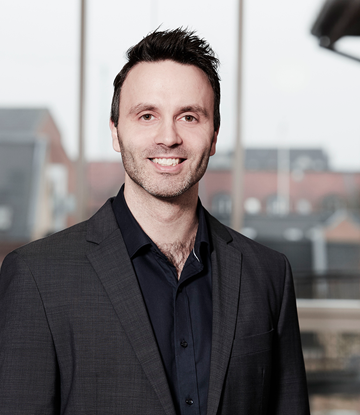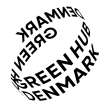Project Objective
In an era of sustainable energy solutions, the FLEXPOSTS project emerges as a pioneering endeavor to transform Aalborg East into a Positive Energy District (PED), charting the path for energy efficiency and green technologies in urban development.
The FLEXPOSTS project's ambition is actualized through the establishment of two test/demo sites, strategically located in Aalborg, Denmark and Zwette, Netherlands. Acting as the project coordinator, Hanze Hogeschool of Applied Sciences orchestrates this collaborative exploration.
FLEXPOSTS seeks to push the boundaries of innovation by exploring and implementing novel business models for more flexible energy systems. By working across national borders, the project capitalizes on the diverse approaches to energy systems, energy, and urban planning exhibited by the two countries involved.
Throughout the project's duration, the acquired knowledge and insights will be effectively translated and applied in practice at the designated sites. In Aalborg East, particular emphasis is placed on fostering mixed neighborhoods and cultivating strong partnerships between the private and public sectors. The ultimate objective is to significantly reduce CO2 emissions by seamlessly integrating green and energy-efficient solutions, thereby paving the way for a sustainable future.
What is a PED?
PEDs are areas with a net positive energy balance on an annual basis. These districts will play a crucial role in the energy transition; however, implementation proves challenging due to organizational, regulatory, and urban planning issues. FLEXPOSTS aims to improve the implementation process of PEDs by examining how innovative business models can be developed, to create flexible energy assets through two pilot sites in Aalborg East (DK) and Leeuwarden (NL).
The project period runs from September 2022 to March 2025.
Supported by

![]()

